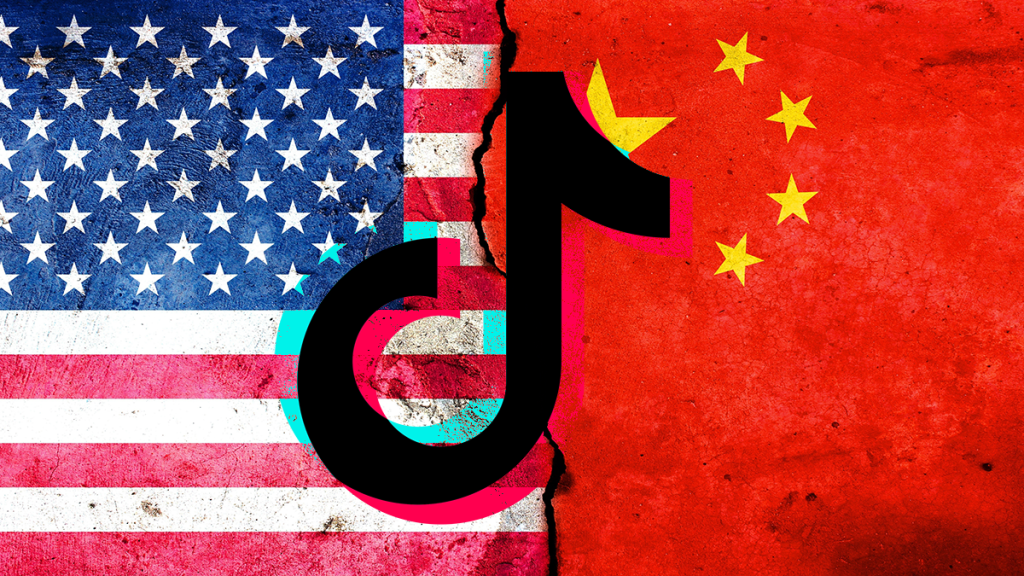
The US government’s ban on TikTok, a popular video-sharing app, has unintended consequences for both the US and China. The move was part of a larger effort to counter China’s growing influence in the global economy and technology sector.
- The ban on TikTok could result in loss of revenue for American companies that rely in advertising on the app and harm the app’s user base.
- The ban may be part of a broader strategy to decouple the US economy and technology from China’s.
- Banning popular social media platforms is not a sustainable solution to data security and privacy concerns.
______________________________
Three years ago, the United States government raised national security concerns over the popular video-sharing app TikTok, prompting the Trump administration to issue a ban on the Chinese app. The move was part of a broader effort to counter China’s growing influence in the global economy and technology sector. Digging deep, the TikTok ban may have unintended consequences for the US and Chinese economy.
Countering China’s Influence
The TikTok ban in the US was initially viewed as a short-sighted move to counter China’s growing influence in the technology and social media sectors. The Trump administration claimed that TikTok posed a national security risk due to its ties to the Chinese government and its ability to collect user data. The ban was seen as a way to protect American users’ privacy and security while also sending a message to China that the US would not tolerate any potential threats to its national security.
There have been reports that the Chinese government may have access to user data collected by TikTok, which has led to concerns that this data could be used for espionage or other nefarious purposes. By banning TikTok, Washington is taking consequential actions to protect its national security by limiting any potential foreign interference in US affairs.
Other than the TikTok ban, the US government’s decision to block Chinese tech giant Huawei from accessing US technology and components also stirred the geopolitical pot between both powerhouses. This decision was based on concerns about national security, but it also had the effect of limiting Huawei’s ability to compete with US tech companies.
Decoupling the US Technology from China
Looking at it from another perspective, the TikTok ban may also be part of a broader strategy to decouple the US economy and technology from China’s. The US and China have been engaged in a trade war for several years now, and tensions have only escalated under the Biden administration. The TikTok ban could be seen as a way for the US to reduce its dependence on Chinese technology and to promote domestic alternatives. However, this strategy could very well backfire if China responds with its own retaliatory measures, which could affect American companies operating in China.
No One’s Victory
There is no winner or loser; both countries will suffer the consequences of their, and the other country’s actions, and the ban will impact them both, equally. It has significant economic and political implications for the East and the West. For the US, the ban could result in a loss of revenue for American companies that rely on advertising on the app. It could also harm the app’s user base, which may turn to alternative platforms that are not subject to the same restrictions.
This can only be seen as a reflection of the rising tensions between the two countries, fueled by concerns about data security and privacy. While the ban was originally proposed by the formal President Trump’s administration, it was later upheld by President Biden’s administration. The prohibition of the platform did little to address the underlying concerns of national security and instead mushroomed the pre-existing sense of mistrust between the two countries. Moreover, it disrupted the lives of millions of TikTok users in the US, who had come to rely on the platform for entertainment, education, and community building.
Final Thoughts
The TikTok ban was a symptom of a deeper problem that is unlikely to be resolved anytime soon. As the world becomes increasingly interconnected, the issue of data security and privacy will continue to be an issue between countries. However, banning popular social media platform is not a sustainable solution. Instead, it is essential for policymakers to engage in constructive dialogue and develop more effective strategies to address these concerns. At the same time, users should be mindful of the data they share online and take steps to protect their privacy. Ultimately, a collaborative and proactive approach is needed to build trust and safeguard the online ecosystem.
Inside Telecom provides you with an extensive list of content covering all aspects of the tech industry. Keep an eye on our Tech sections to stay informed and up-to-date with our daily articles.